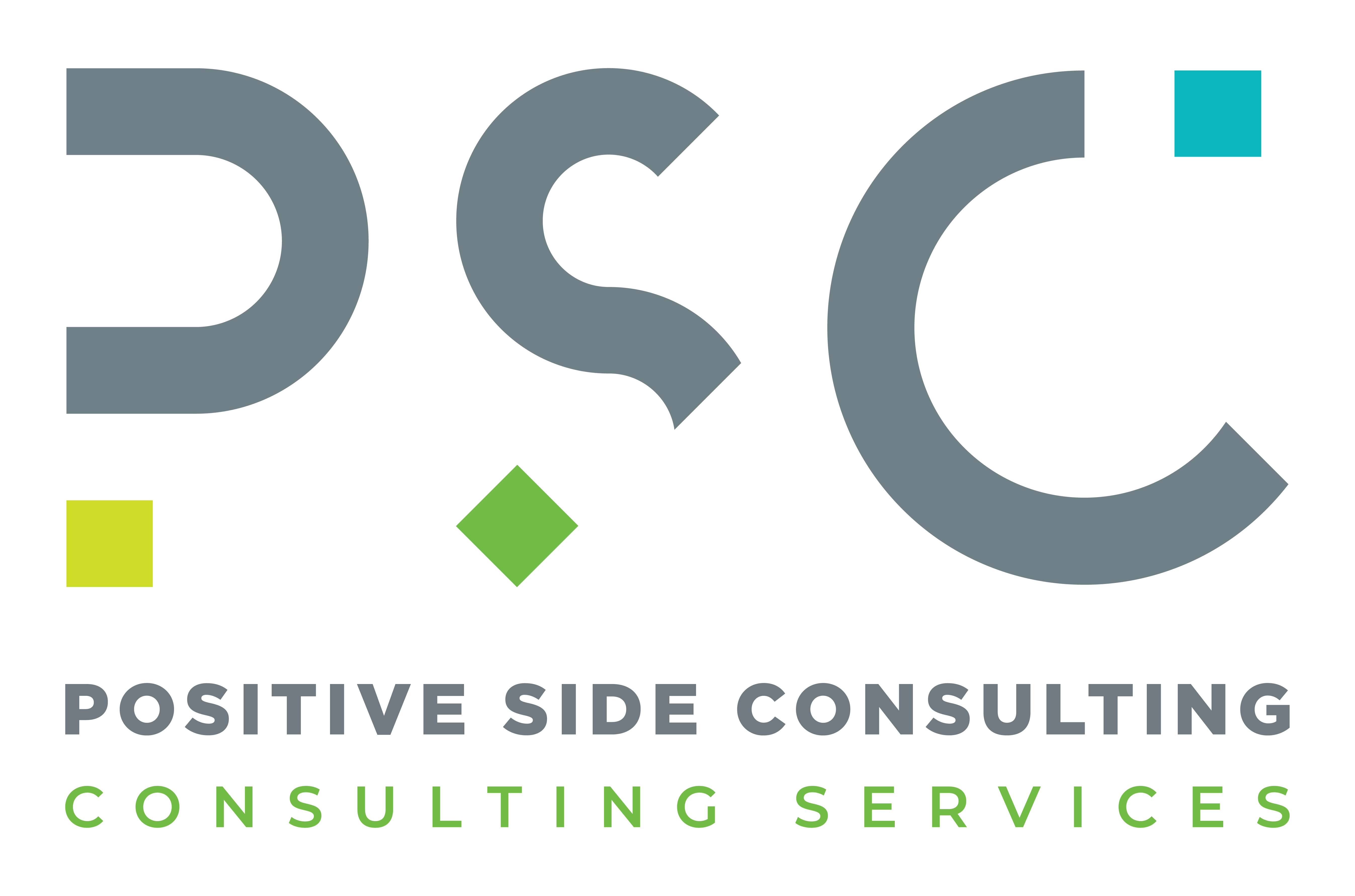Unlock the full potential of data analysis to boost the competitive value of your business through data management consultations provided by The Positive Side Company.
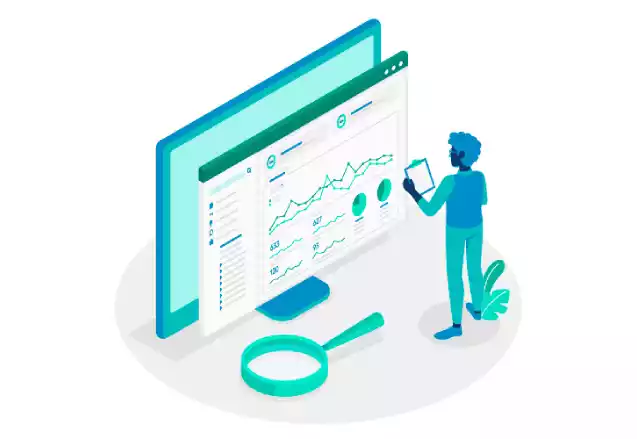
We assist you in extracting the utmost value from your data, uncovering reliable insights, making informed decisions, and expanding the scope of planning and analysis across your organization.
Data is a set of primary facts and information that can be used to understand and analyze something. Data can be numbers, words, images, videos, or any other type of information.


There are various types of data, such as:
Measurable or calculable data, such as numbers and quantities
Data that cannot be measured or calculated, such as words and phrases
Data that has been arranged and formatted in a specific way, such as tables or lists
Data that has not been organized or formatted, such as texts or images
Data is used in a variety of processes, including:
Gathering data from different sources
Storing data securely
Arranging data and making it easily accessible for use
Transforming data into useful information
Applying information obtained from data to make decisions or take actions
Data is a powerful tool that can be used to make better decisions, improve operations, develop products, innovate services, and better understand the world


Organized and integrated data management enables organizations to access accurate and comprehensive information, facilitating more informed and intelligent decision-making at all levels
Unified data management allows for the presentation of accurate and comprehensive reports, enhancing process transparency and contributing to increased accountability and transparency in the organization
Facilitating easy access to required data saves time and effort for users, employees, and leaders, instead of searching for data in scattered places
Analyzing historical and current data allows organizations to improve planning processes and predict the future based on trends and patterns
Data associated with research and innovation contributes to developing new solutions and improving operations. Data management makes this data available and organized for maximum benefit
Contributing to improved communication and collaboration across different departments and levels within the organization, where everyone can access the same reliable data source
Ensuring compliance with strict laws and regulations for storing and protecting personal data effectively
Through managing data related to environmental, economic, and social resources, governments and organizations can better support the achievement of sustainable development goals
The Data Management Office (DMO) plays a fundamental role in data-dependent organizations. It is responsible for developing and implementing data management strategy, standards, and practices that the organization must follow. It ensures that data is available, of high quality, and easily accessible by users, helping the organization achieve its goals and succeed in an increasingly data-dependent world


Responsibilities of the Data Management Office include:
- Developing and implementing data management strategy, standards, and practices.
- Organizing and collecting data from various sources, arranging it into a central database.
- Ensuring data quality, accuracy, and regular updates.
- Enabling access to the required data for users.
- Compliance with laws, regulations, and rules related to data protection.
The Data Management Office helps the organization achieve various goals, such as:
Assisting organizations in making more intelligent and accurate decisions by providing necessary data and analytics.
By organizing data and making it easily available to users.
Understanding customer needs and preferences better.
Ensuring organizations comply with laws and regulations related to data protection.

Definition
Data governance is the process that defines how data is used and managed
Focusing
Data governance focuses on ensuring data quality, data integrity, and data compliance
Goals
Ensuring data quality, data integrity, and data compliance
Activities : The activities of data governance include
Establishing policies and procedures for data management
Creating and maintaining a data catalog
Managing access to data
Protecting data from breaches
Tools and Technology
Data management tools and techniques
The participants
Business leaders, IT experts, and users
Time frame
Long Term
Definition
Data management is a set of practices and techniques used to handle data
Focusing
Data management focuses on the technical processes of collecting, organizing, storing, and analyzing data
Goals
Data processing
Activities : The activities of data management include
Collecting data from various sources
Cleaning and formatting data
Storing data in a database or file
Analyzing data using analytical tools
Tools and Technology
Data processing tools
The participants
Information Technology Experts
Time frame
Short Term
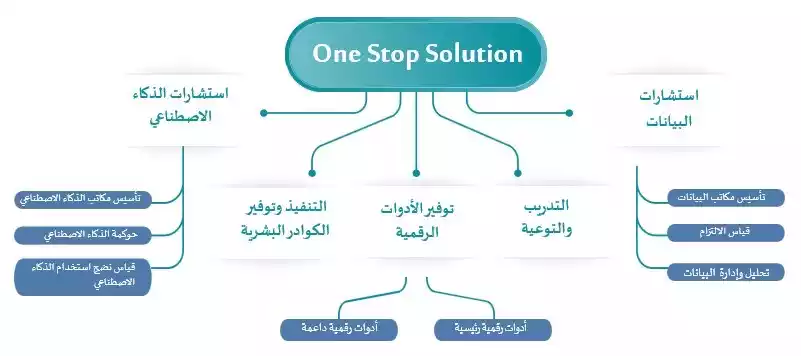
- Establishing a Data Management Office.
- Building the operational model and selecting personnel.
- Identifying and describing use cases.
- Recommendations for data quality management.
- Implementing big data/evolution strategies and detailed roadmaps.
- Structure of big data solutions + detailed schematic of optimaltechnologies.
- User adoption strategies.
- Miniature pilot applications (for large projects).
- Data analysis.
- Engineering and designing data and big data solutions.
- Developing data reports and dashboards.
- Developing big data solutions.
- Developing shared data solutions.
- Data transfer.
- Establishing procedures for big data governance (data quality, security, etc.).
- Developing machine learning models.
- Data security.
- Managing big data solutions.
- Updating big data software.
- Adding new users and handling permissions.
- Managing big data.
- Cleaning big data.
- Backup and recovery of big data.
- Health checks for big data solutions.
- Monitoring the performance of big data solutions and troubleshooting.
- Establishing the infrastructure for big data solutions and supporting them.
- Extracting and managing big data.
- Developing and fine-tuning ML models.
- Pre-defined and customized reports (within several weeks of our collaboration initiation).
- Evolving big data solutions.
- Developing data awareness plans and implementing them
- Training and qualifying personnel in the fields of data management and governance
- Creating awareness content
- Conducting workshops in the field of data

A bilingual team specialized in managing, analyzing, and presenting data, applications of big data, artificial intelligence, and their applications in health, finance, urban observatories, manufacturing, security, government services, communications, and more.
A relationship built on our past work record with clients in the Gulf Cooperation Council (GCC) countries and North Africa in digital transformation projects, data management, and governance.
A team specialized in data, many of whom have served as consultants to high-level government entities, and have worked across various data and digital transformation disciplines, exchanging knowledge. In addition, the company has developed a set of solutions that distinguish us from competitors, which we employ to achieve client goals.
Our clients and the market see us as leaders in the field, specializing in “establishing data management offices and providing smart solutions for data management and extracting impactful results to support decision-makers and create value for the business.
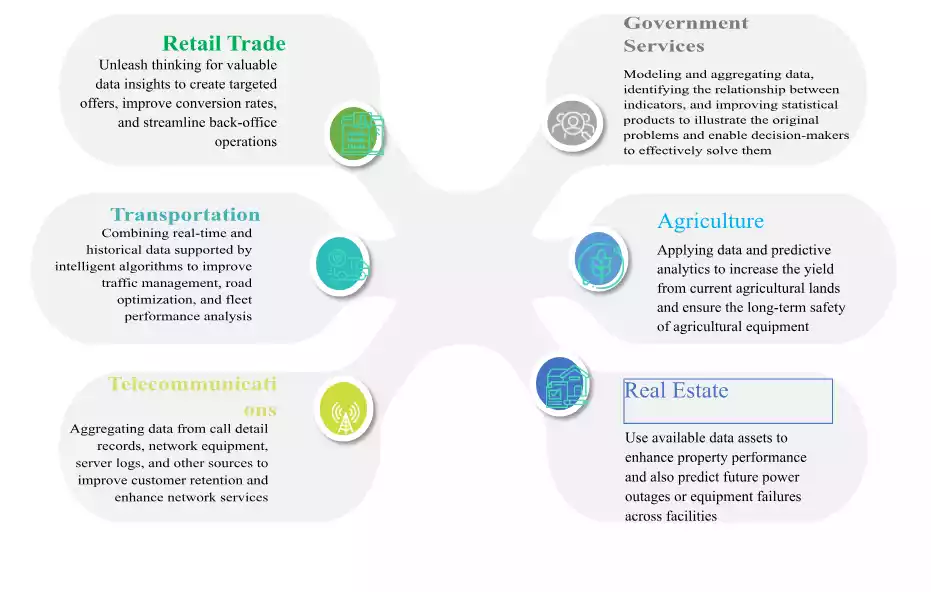
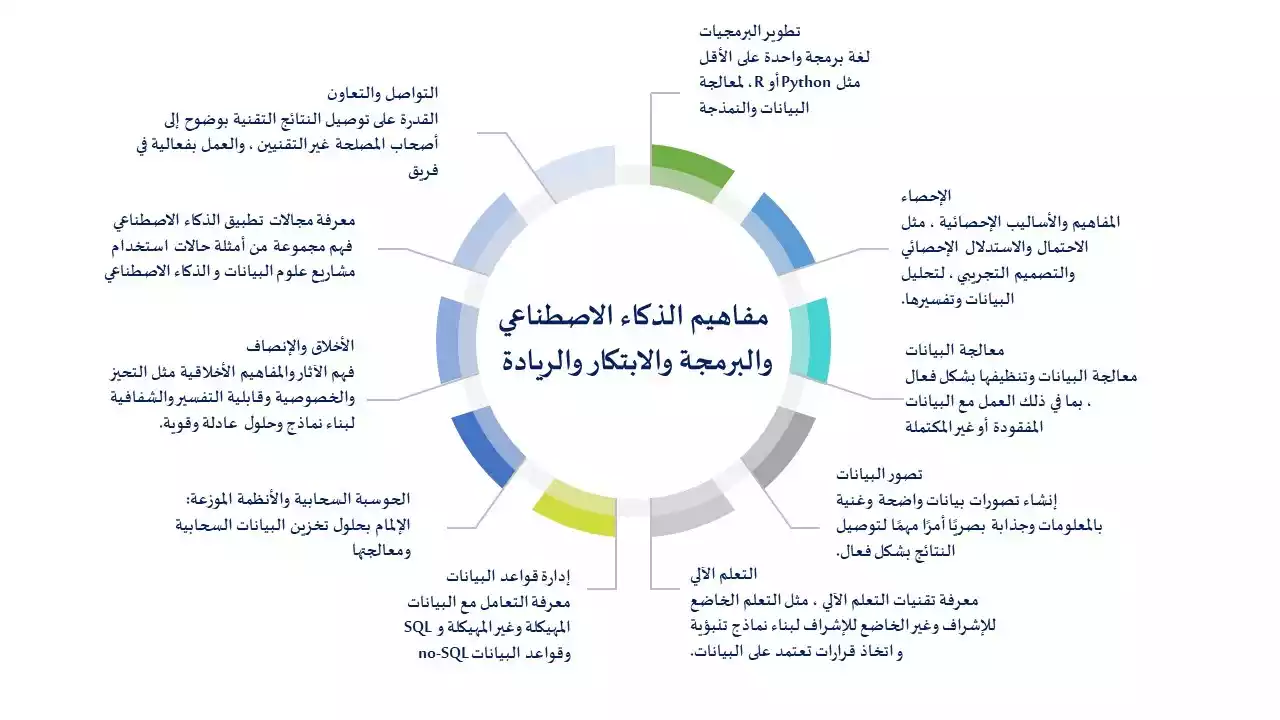
We are committed to applying local and global laws and standards, as well as best practices in data management, to efficiently manage it and achieve the best value from the data

- Controls and specifications for national data management, governance, and personal data protection.
- The system for combating cybercrime and the e-commerce system.
- The open data policy issued by the National Data Management Office.
- The freedom of information policy issued by the National Data Management Office.
- The personal data protection policy issued by the National Data Management Office.

- Data Management Association (DAMA)
- ISO 11179 for Metadat
- TOGAF for enterprise architecture
- PROSCI for change management




